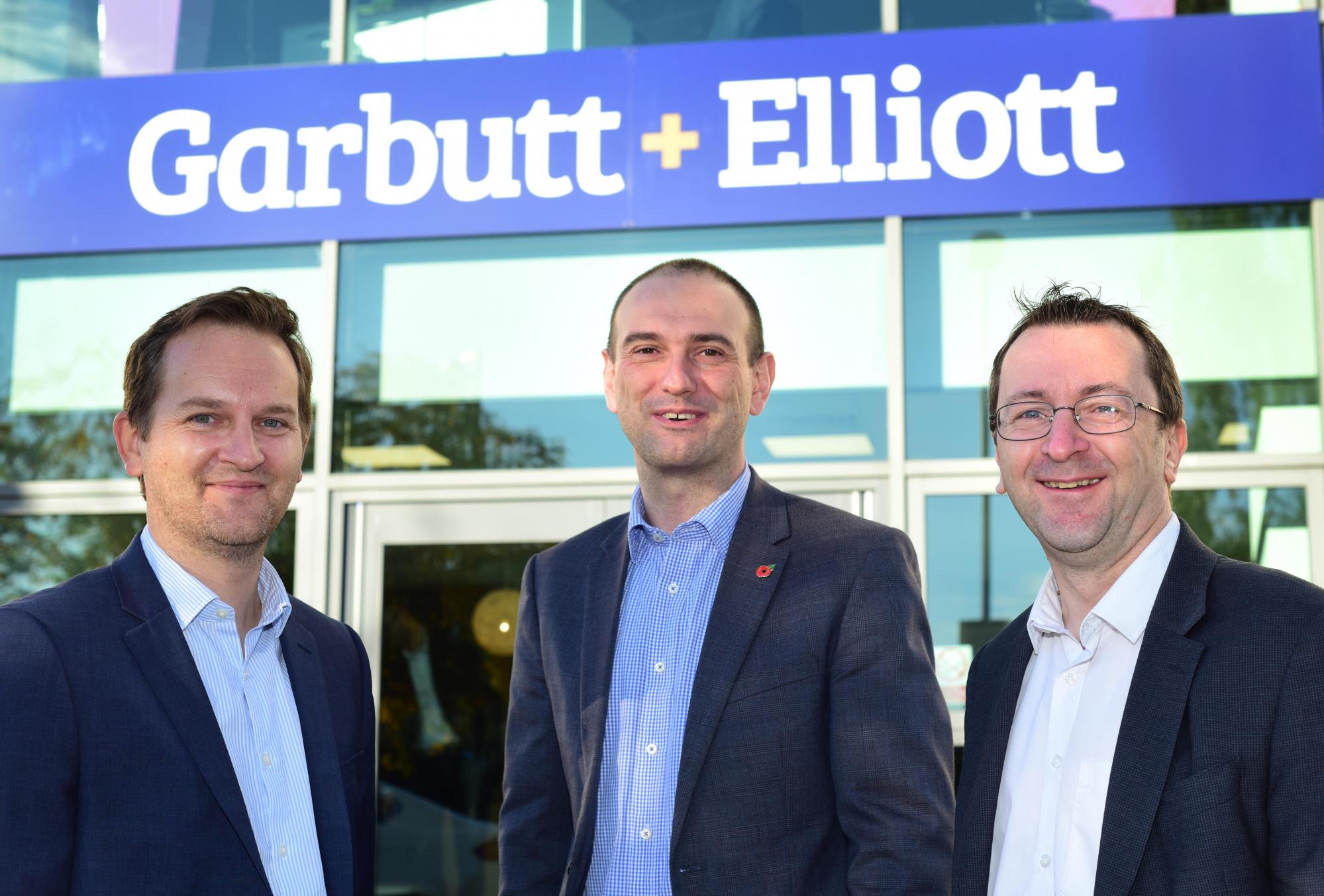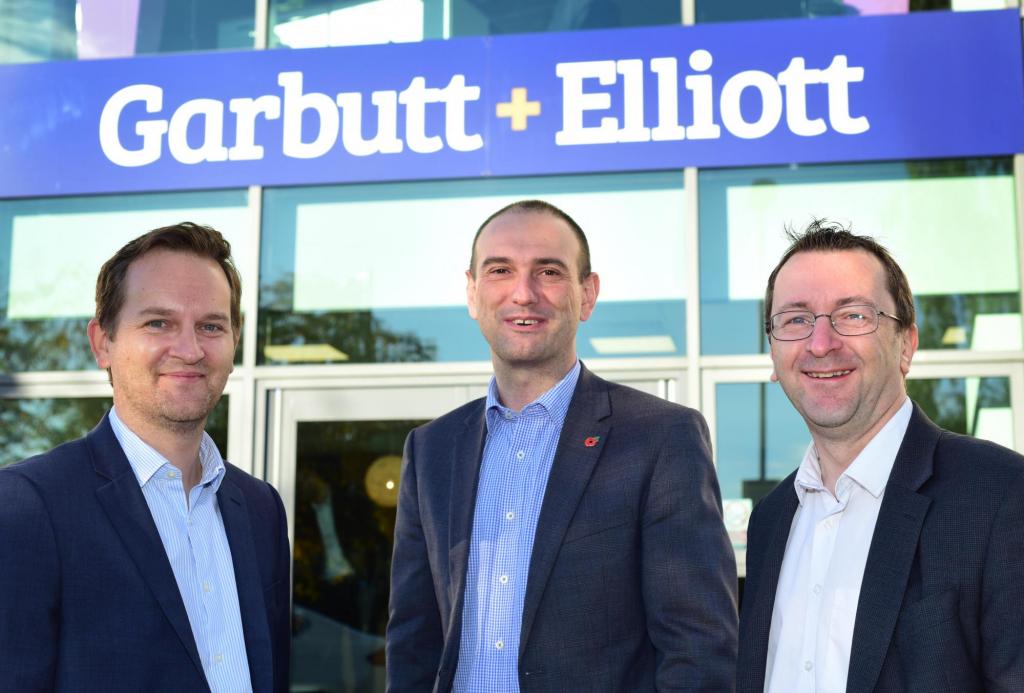In just five days, Chancellor Philip Hammond will be delivering his pre-Brexit Autumn Budget, one that the Treasury has said will help to “build a stronger, more prosperous economy”. But what can we expect? Are we in for some shock measures and stronger than ever announcements leading to the Prime Minister’s recent claim that the time for austerity is over? Or, given the question mark hanging over Brexit and the current unprecedented political uncertainty, will radical messages and actions be reserved for another day?
We believe it is unlikely that there will be any further changes to the main rates of income tax, national insurance, corporation tax, or VAT, however, if history is anything to go by, it is likely that pensions will be targeted, in a bid to raise much needed funds for other areas, such as the NHS. It would be too much of a political kamikaze to abolish higher rate tax relief completely and, as such, we expect that the Chancellor will reduce the cap on how much can be put into individual pension funds, moving down from £40,000 contributions a year to £30,000. Some pension experts predict it could be reduced by 50%, however, any reduction could lead to an increase in the number of taxpayers who would be liable to pay the annual pensions savings tax charge.

As usual, tax rises are on the agenda and whilst we don’t predict any changes in main taxation areas, it is possible that the Chancellor will make increases around the margins of specific taxes, such as higher Stamp Duty Land Tax for residential landlords and a hike in Insurance Premium Tax.
On a corporate level, it is almost certain that the pre-announced reduction from 19% to 17% in corporation tax from April 2020 will go ahead, as part of post-Brexit competitive UK credentials. It is also highly possible that we will see minor improvements to the rate of Research and Development tax relief for companies, with the aim to send a signal to companies to stay in the UK, innovate, and be rewarded. With the post Brexit era potentially leading to increasingly turbulent times it is possible that the Chancellor will also increase Annual Investment Allowance (AIA) from £200,000 to £500,000. This increase will help all businesses but will have the most impact on small and medium sized businesses (SMEs) who could potentially offset all or most of their investment in their first year. Ultimately this will help with continued reinvestment and long-term plans, helping to strengthen and maintain the future of business in the UK.
From April 2017, major changes were introduced to the tax rules for off-payroll working (i.e. the taxation of contractors who offer their services via intermediaries). These new rules were initially imposed only for public sector contracts, with the promise of future extension to the private sector. The Government initially confirmed it would consult with key parties and learn lessons from the public sector roll out before extending to the private sector, giving hope that it would not be rushed. However, many believe the Chancellor is under such pressure to raise finances that a private sector roll-out might happen as early as April 2019.
A final point, amongst many other thoughts and possibilities, is that the Chancellor is likely to comment further on the future of Making Tax Digital (MTD). The deadline for a number of mandated businesses has already been moved, but with Brexit looming and less than 15% of businesses prepared for the April 2019 deadline, it is possible that the Chancellor will address the need for further delays, possibly looking at reviewing the future expansion of the MTD program in general.
Whilst we can make all the predictions in the world, it remains to be seen how Monday will pan out. There is potential for huge change and drastic measures, the likes of which were lacking from the 2017 Budget, but times are perhaps more uncertain than ever and so when all is said and done, maybe very little will actually be said and done.









Add a comment